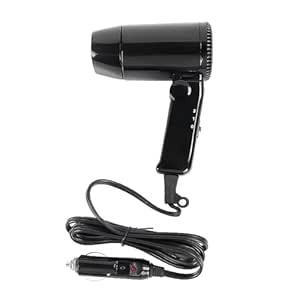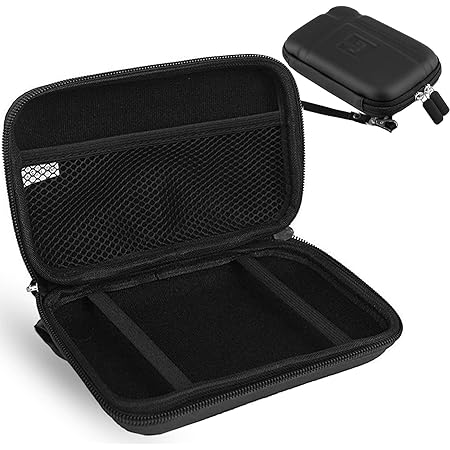The open road calls, and you’re answering with a cross-country adventure. But before you hit the gas, meticulous planning is crucial, especially if you’re relying on your car’s GPS navigator. This guide will help you navigate not just the highways, but also the complexities of choosing the right vehicle and utilizing your GPS effectively for a truly unforgettable road trip.
Choosing Your Road Trip Warrior: Engine, Torque, and Towing
Your vehicle is the backbone of your journey. The wrong choice can turn your dream trip into a nightmare. Let’s explore the crucial aspects of selecting the right car, focusing on engine power and torque, especially if you’re planning on towing a trailer or camper.
Understanding Torque: Why it Matters for Road Trips

While horsepower gets all the glory, torque is the unsung hero of road trips, especially when tackling hills, mountains, or hauling extra weight. Torque is the engine’s twisting force—its ability to get things moving and keep them moving. High torque means effortless acceleration, especially when fully loaded or climbing steep inclines. A vehicle with low torque might struggle under these conditions, resulting in frustratingly slow progress and potentially overheating.
Think of it this way: horsepower is about speed, while torque is about power. You need both for a smooth, enjoyable road trip, but torque is particularly crucial for those extra demands.
Engine Options and Their Torque Capabilities
Different engine types offer varying torque outputs. Let’s consider a few popular options:
- V6 Engines: Often provide a great balance of power and fuel efficiency. Expect decent torque, making them suitable for moderate towing or carrying heavy loads.
- V8 Engines: Known for their substantial power and high torque figures. Ideal for heavy towing and those who prioritize robust performance, but often come with lower fuel economy.
- Turbocharged 4-Cylinder Engines: Modern technology makes these surprisingly powerful, offering impressive torque for their size. They’re fuel-efficient, making them a strong contender for many road trip scenarios.
- Diesel Engines: Renowned for their exceptional torque at lower RPMs, making them perfect for hauling heavy loads and conquering steep grades. However, diesel fuel may be less readily available in certain areas.
Towing Capacity: Know Your Limits
If you plan to tow a trailer, camper, or even a small boat, understanding your vehicle’s towing capacity is paramount. This information is usually found in your owner’s manual. Exceeding the recommended towing capacity can lead to dangerous situations, including brake failure and loss of control. Always factor in the weight of your trailer plus its contents.
For example, a popular SUV might advertise a towing capacity of 5,000 lbs, but that number can decrease significantly depending on the vehicle’s configuration (options, accessories) and payload. Always check the specific towing capacity for your vehicle’s exact setup.
GPS Navigation: Your Road Trip Co-Pilot
Your GPS navigator is your indispensable companion. It guides you, avoids traffic, and helps you find hidden gems along the way. However, effective usage requires careful planning.
Pre-Trip Planning with Your GPS

Don’t just jump in the car and hope for the best. Before you leave, input your destination into your GPS. This allows you to familiarize yourself with the route, estimate travel time, and identify potential road closures or construction. Many GPS systems allow you to download offline maps – a lifesaver in areas with limited or no cell service.
Utilizing GPS Features

Explore the various features your GPS offers. Many systems provide real-time traffic updates, alternative routes, points of interest (gas stations, restaurants, hotels), and even speed limit warnings. Take advantage of these features to optimize your journey and ensure a smooth ride.
Staying Connected
Ensure your GPS device has a reliable power source. A portable charger is always a good idea, especially on long drives. Regularly check for software updates to ensure your maps are current and to take advantage of new features.
Comparing Vehicles: Torque and Towing Specs

Let’s compare a few hypothetical vehicles to illustrate the importance of considering torque and towing capacity:
| Vehicle | Engine Type | Torque (lb-ft) | Towing Capacity (lbs) |
|---|---|---|---|
| SUV A | V6 | 260 | 5000 |
| Truck B | V8 | 400 | 10000 |
| Minivan C | 4-cylinder Turbo | 220 | 3500 |
As you can see, the choice of vehicle depends heavily on your needs. Truck B is ideal for heavy towing, while SUV A offers a balance of power and practicality. Minivan C might suffice for a smaller family with limited towing needs.
Practical Advice for Your Road Trip
Beyond the technicalities, remember the practical aspects:
- Pack Smart: Avoid overpacking. Use packing cubes and prioritize essential items.
- Check Your Vehicle: Before you go, ensure your vehicle is in good condition—check fluids, tire pressure, and brakes.
- Plan Your Stops: Don’t try to drive non-stop. Schedule regular breaks for rest, refueling, and sightseeing.
- Stay Safe: Drive defensively, avoid distractions, and be aware of your surroundings.
- Embrace the Unexpected: Road trips often involve detours and unplanned adventures. Be flexible and enjoy the journey!
With careful planning and the right tools, your road trip can be the adventure of a lifetime. Remember, the journey is as important as the destination. Happy travels!